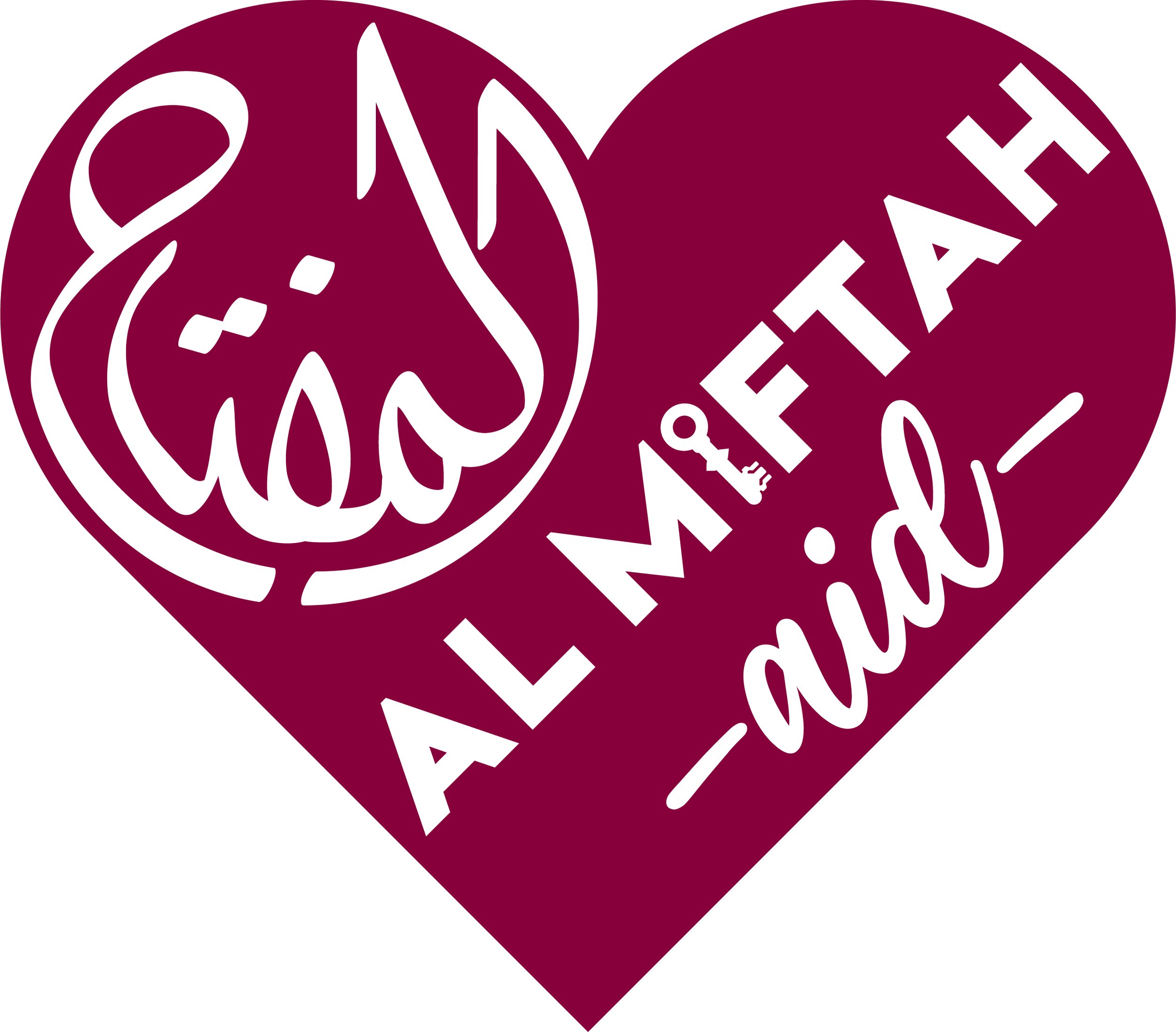Sadaqah tul Fitr
“The charity of those who expend their wealth in the Way of Allah may be likened to a grain of corn, which produces seven ears and each ear yields a hundred grains. Likewise Allah develops manifold the charity of anyone He pleases, for He is All-Embracing, All-Wise.” [2:261]
What is Sadqah tul Fitr?
Sadaqah tul Fitr also known as Zakah tul Fitr is a charitable donation of food or its equivalent monetary value which must be given by every able Muslim before the end of Ramadan.
Who is it Given by?
It is obligatory on every free, self-supporting adult Muslim who has the value of food (or non-essential items) in excess of their needs on behalf of themselves and their dependants.
A man cannot pay it on behalf of his wife or his adult children even though they may be amongst his dependants, nor can he pay it on behalf of his slave.
What Amount Needs to be Paid?
Ibn 'Umar said that the Apostle of Allah (may peace be upon him) prescribed the Sadaqa of Ramadan (Sadaqat-al-Fitr) one sa' of dates or one sa' of barley for every free man or a slave, male or female, and then the people equalised (one sa' of dates or barley) with half a sa' of wheat. - [Sahih Muslim: 2151]
As mentioned in the narration above, that is what is compulsory to be paid. In today’s day, this would amount to:
Wheat = £4.99
Barley = £5.02
Cheese = £16.20
Deglet Nour Dates = £24.03
Medjool Dates = £29.16'
Safawi Dates = £44.55
Ajwa Dates = £64.74
When Should it be Paid?
It is obligatory to pay Sadaqah tul Fitr on the day of Fitr, at the time of Fajr. It is recommended to pay this before the Eid prayer, but if it is done before that, it is accepted. If they cannot pay it at this time, it is still obligatory for them to pay it after this period.

